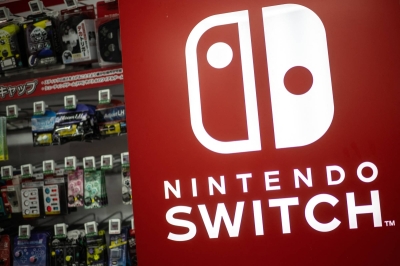As the latest Diet session ended Wednesday without an extension, political parties' campaigns for the July 11 Upper House election has shifted into top gear. The ruling Democratic Party of Japan's approach to the Diet session showed that it was ready to sacrifice important bills to improve its election prospects.
The opposition forces demanded that the Diet session be extended to allow the Budget Committee of each house of the Diet to hold a three-day session to deliberate on new Prime Minister Naoto Kan's basic policies. The DPJ refused to do so, however, believing it should start a full-scale election campaign while people still have a favorable sentiment toward the Kan administration and the DPJ in the wake of the resignations of former Prime Minister Yukio Hatoyama and former DPJ Secretary General Ichiro Ozawa, whose reputations were damaged by funding scandals.
While the DPJ's strategy may pay off in the Upper House election, the party's refusal to extend the Diet session resulted in the scrapping of important bills to reform the national servants system, to battle global warming and to reform Japan Post.
The funds scandals, the Futenma air base relocation issue and the poor economy made it difficult for the Hatoyama administration to skillfully manage Diet affairs. Mr. Kan did not give detailed answers when questioned by representatives of opposition parties in plenary sessions of the Diet. He needs to examine what went wrong with the Hatoyama administration and learn how to avoid such problems. He also needs to explain in concrete terms how to achieve his goal of realizing "a strong economy, strong finances and strong social welfare" despite the nation's worsening financial conditions.


















With your current subscription plan you can comment on stories. However, before writing your first comment, please create a display name in the Profile section of your subscriber account page.